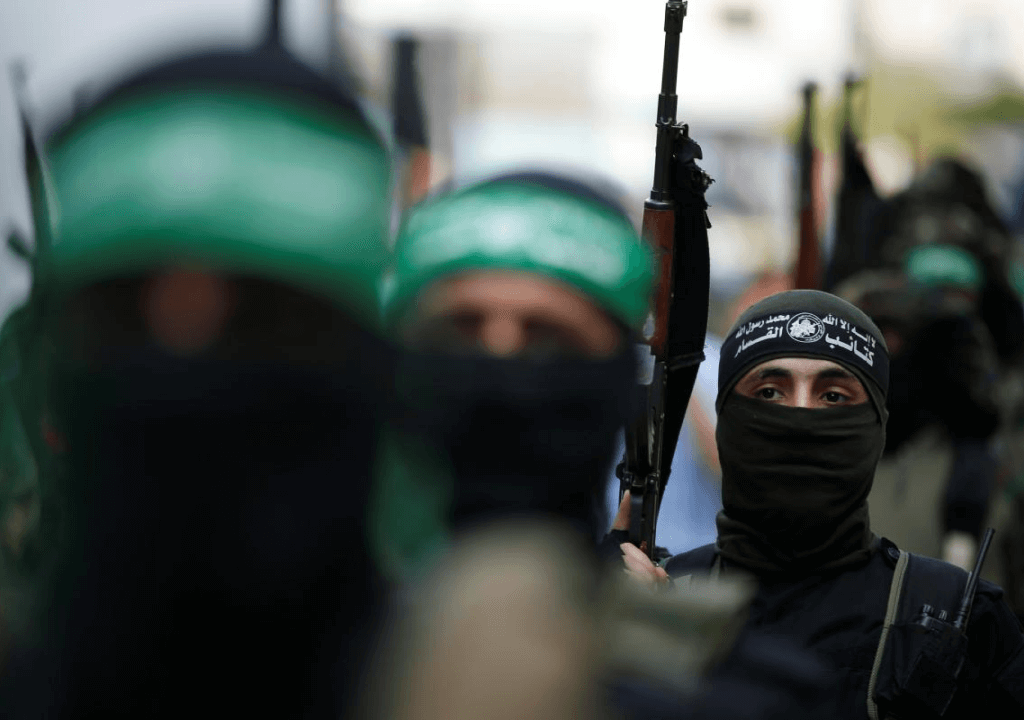Palestine is an emotional issue for global Muslims. People who support Muslim solidarity across borders, from the United States to Indonesia, are now feeling angered. So-called rich Islamic countries and secular nations can’t do anything about the Gaza conflict, while the media in these countries continue to report Israel’s actions in Gaza as genocide. The governments follow the strategy of avoiding animosity with Israel or the United States, but they are not blocking media coverage of the conflict in Gaza, and the media continue to celebrate it as usual. While Al Jazeera and Al Arabiya, the state outlets of Middle Eastern governments, strongly propagate the Gaza issue, their own governments can’t do anything about it. Political analysts believe this situation will drive more young Muslims, who are desperate due to various conditions including the situation in Gaza, towards radical Islam, and they are easily swayed by Islamist organizations that fight against mainstream opinions, laws, and governments. The Islamic population feels betrayed by the world, and the media stoke emotional factors, which, combined with tough living conditions and unemployment, as well as patriotic far-right movements opposing Islamism in the West, create what is considered the perfect ground for the revival of the Islamic State, Al-Qaeda, and similar groups.
Security services across the Middle East, including the Gulf countries, fear that the ongoing conflict may lead to a flow of radicalized youth to ISIS and al-Qaeda through social media groups. These individuals might travel to regions controlled by these groups, where they could receive training and indoctrinate more young people to conduct terrorist attacks. The United Nations has published a series of reports highlighting how major extremist groups are exploiting the war in Gaza to attract new recruits and mobilize existing supporters, even though both al-Qaeda and ISIS have condemned Hamas as apostates for decades.
Officials and analysts are reporting an increase in Islamic militant extremism in various areas. An ISIS branch in the Sinai desert has recently become more lethal, and rising attacks by the group in Syria have raised concerns, with several plots thwarted in Jordan. In a recent attack, seven Syrian soldiers were killed in an ISIS ambush in Raqqa province, northern Syria, with 383 fighters from government forces and their proxy militias killed since the beginning of the year, according to the UK-based Syrian Observatory for Human Rights. Last month, Jordanian security services uncovered a plot in Amman when explosives detonated while being prepared by extremists in a poor neighborhood. Subsequent raids led to the detention of a network of predominantly young men who were apparently radicalized by ISIS propaganda. Reports from India indicate that the Islamic State is trying to recruit Muslim youth willing to fight against the nation and Israel. In Turkey, authorities arrested dozens of people last month to combat an increased threat from an ISIS affiliate with a strong presence there. Meanwhile, al-Qaeda’s branch in Yemen has launched a new effort to inspire followers to attack Western, Israeli, Jewish, and other targets. The issue extends beyond existing terrorist organizations, as increasingly radicalized youth may choose to join new groups or form their own in areas historically free from such threats, due to the borderless nature of the internet.
The Gaza war may serve as a seminal cause for radicalizing the next generation of jihadis, as they are increasingly exposed to volatile images and videos from Gaza through the internet. Although the immediate consequences may not be apparent, they are likely to manifest over the coming years. The conflict has significantly heightened the terrorism threat and elicited a strong emotional reaction. Regional officials emphasize the impact of continuous exposure to images of suffering from Gaza, available 24/7 on television and the internet, describing the conflict as a ‘Push Factor’ that encourages extremist violence across the Middle East and beyond. According to Palestinian health officials, more than 38,000 people have died in the Israeli offensive into Gaza, with about half of those identified being women and children.
A vast regional occupation by the Islamic State, similar to their previous control stretching from Iraq to Syria, is expected to reestablish itself. Despite the opposition forces in this area being highly equipped and prepared for battle, ISIS has launched over 100 attacks on government forces and Kurdish-led Syrian Democratic Forces (SDF) in Syria in recent months, with violence peaking in March at levels not seen in several years. ISIS cells are operating at higher levels than before. Kurdish forces opposing ISIS face severe challenges from the armies of Turkey, Iraq, and Syria. In this complex war zone, combined with poor governance, the presence of individuals willing to fight and die for the cause could contribute to the creation of a caliphate and expansion into new areas. As more Islamic factions demand separate regions and attempt to overthrow democratic governments, anarchy is resulting. Consequently, the emergence of a more effective caliphate can be expected.
Islamic extremist groups are inundating the internet with material that supports Gaza, Hamas, and Islam, while inciting anger towards Jews, Israel, the United States, and even Islamic Gulf countries. They are spreading instructions for bomb-making, violence, coups, and Islamic methods of killing, which easily influence the youth. The foundational ideas of Islamizing the world and killing infidels are more aggressively propagated through the internet than ever before. A new generation is growing up with an ideology that threatens peaceful coexistence in many countries. As more Muslim countries descend into anarchy, radicalization becomes increasingly feasible, and the revival of notorious Islamist terrorist organizations seems imminent, posing a growing risk to global stability.








